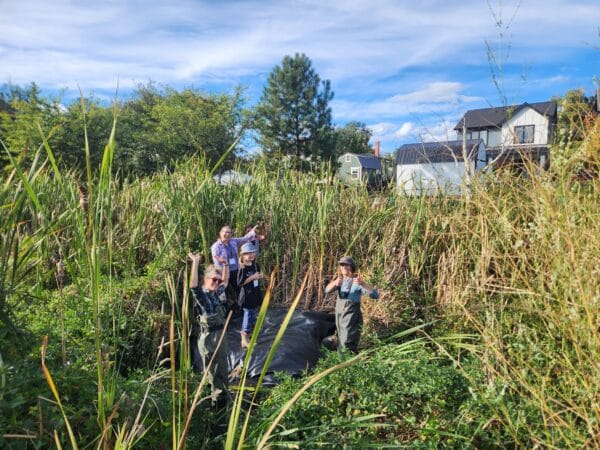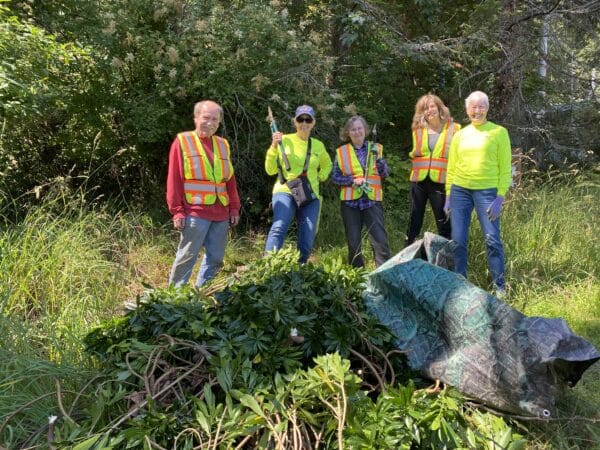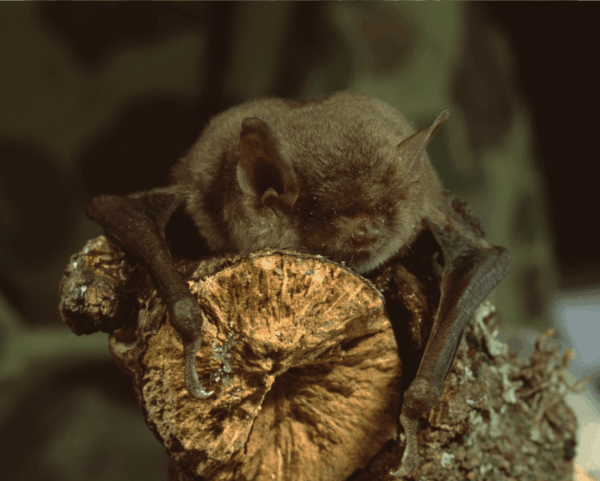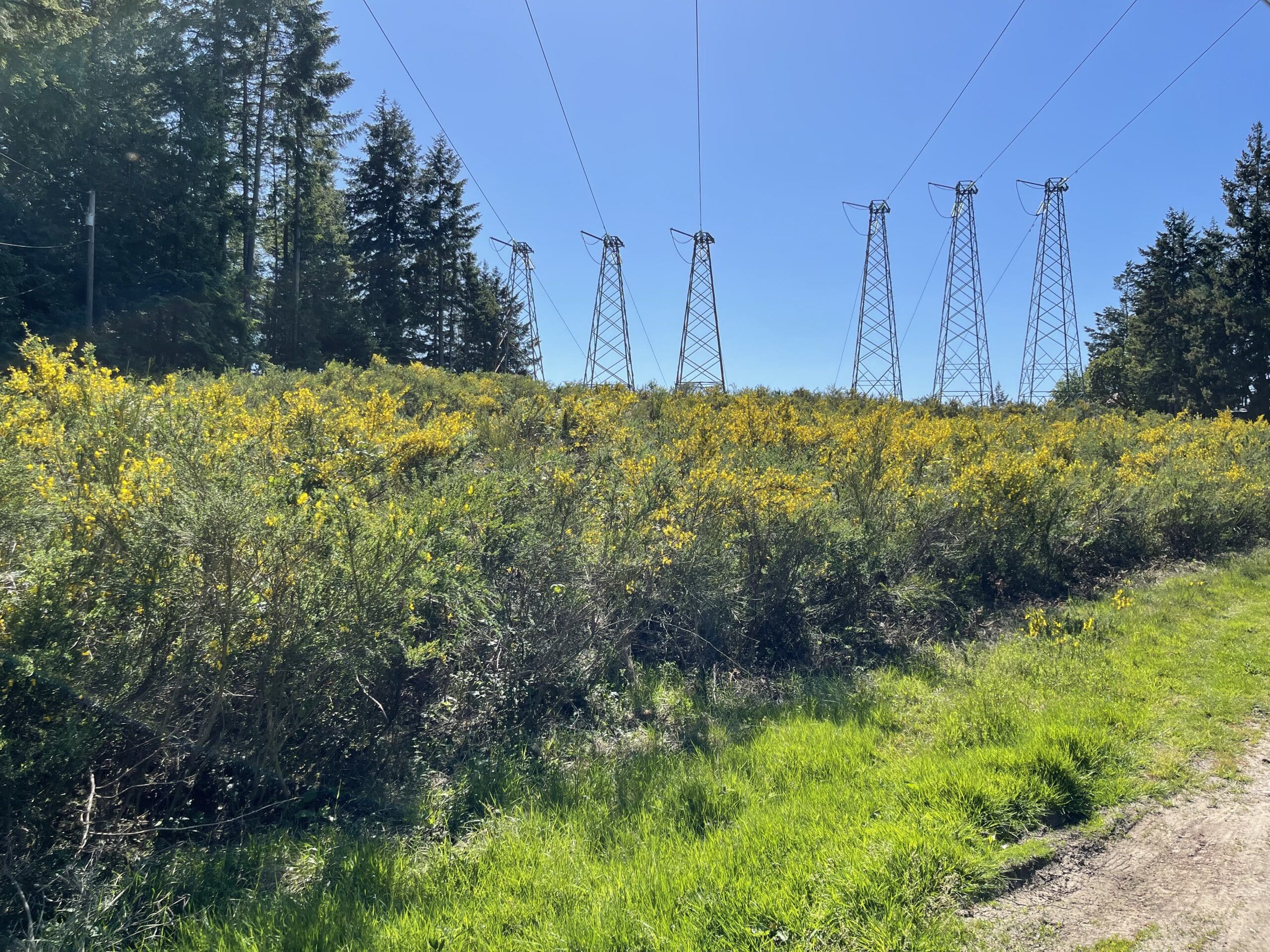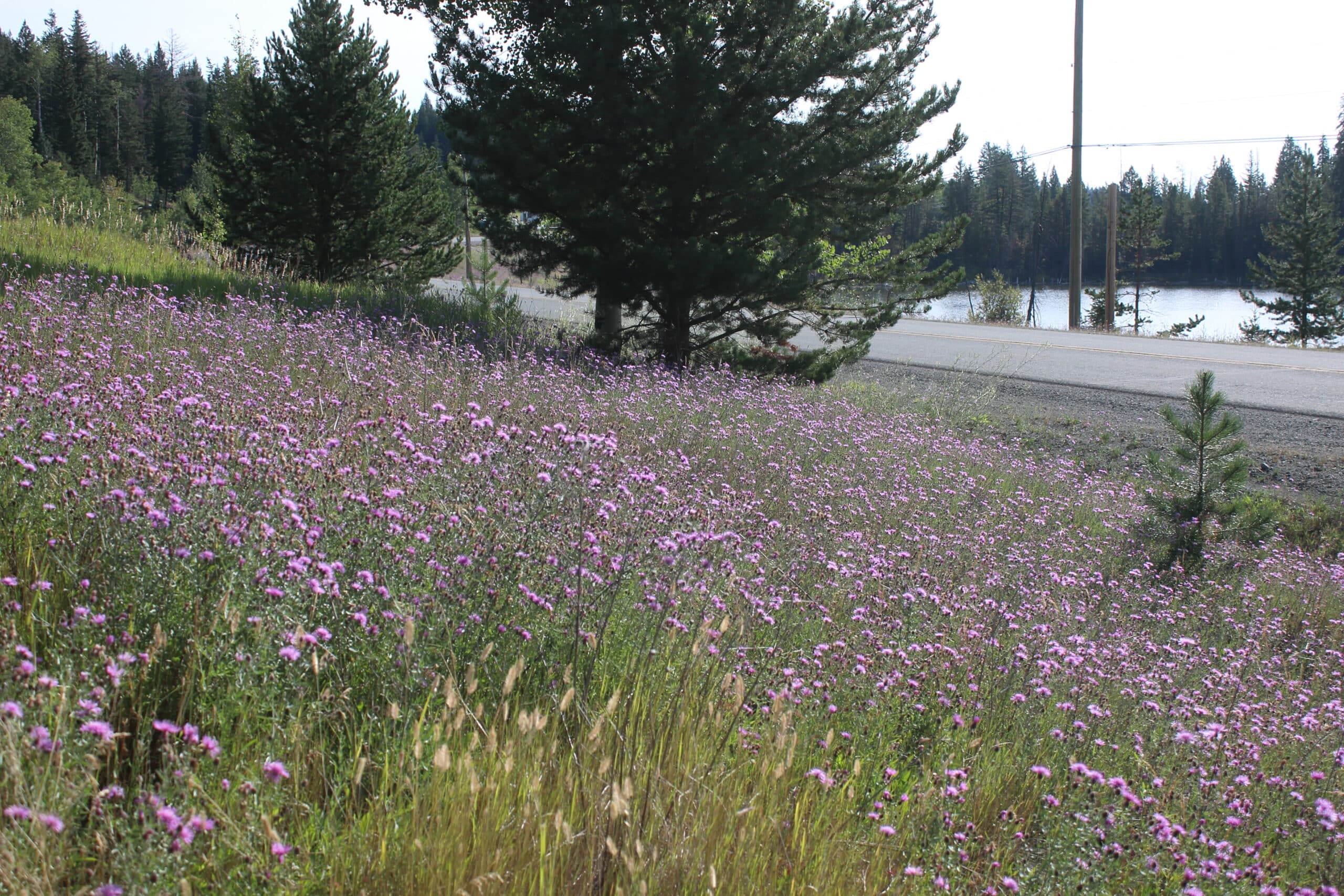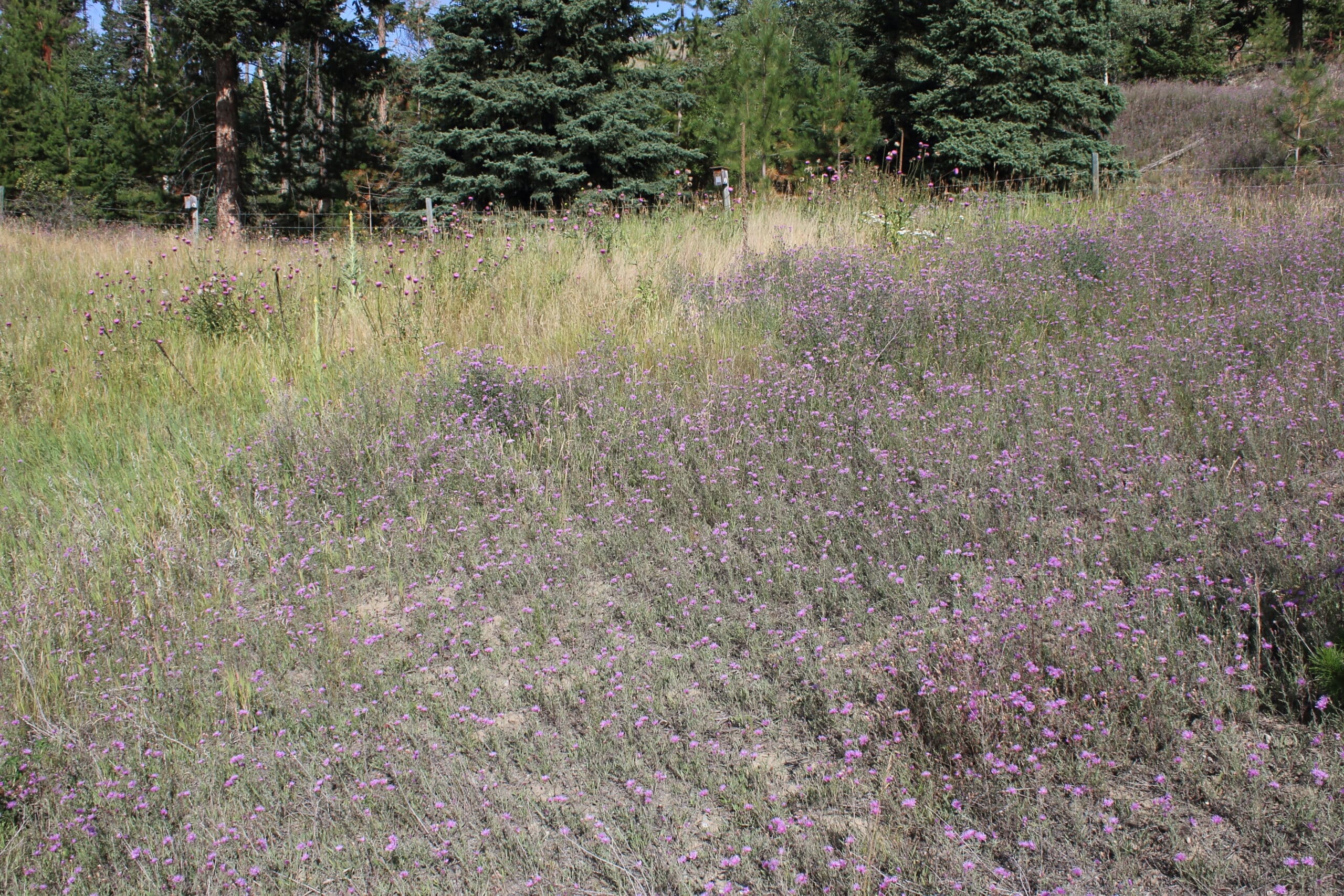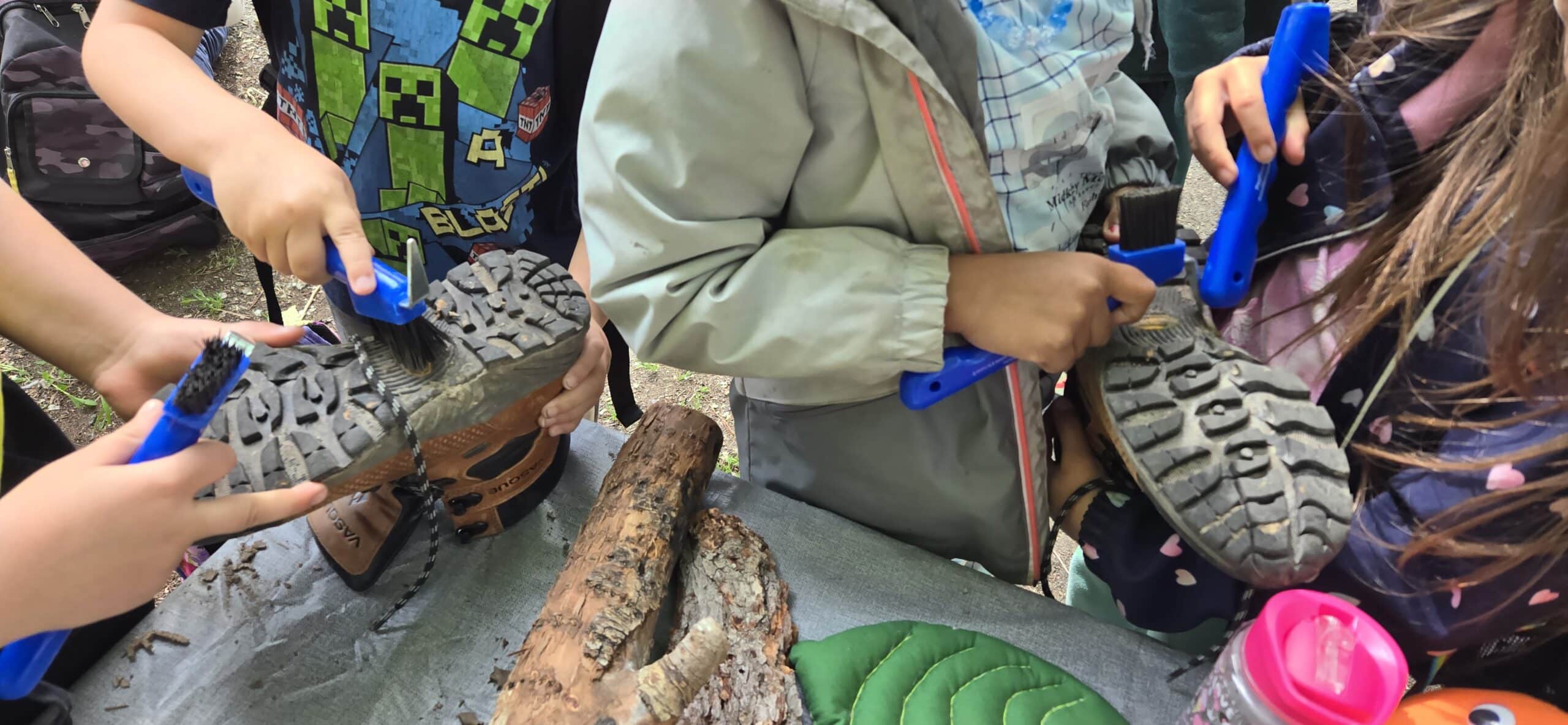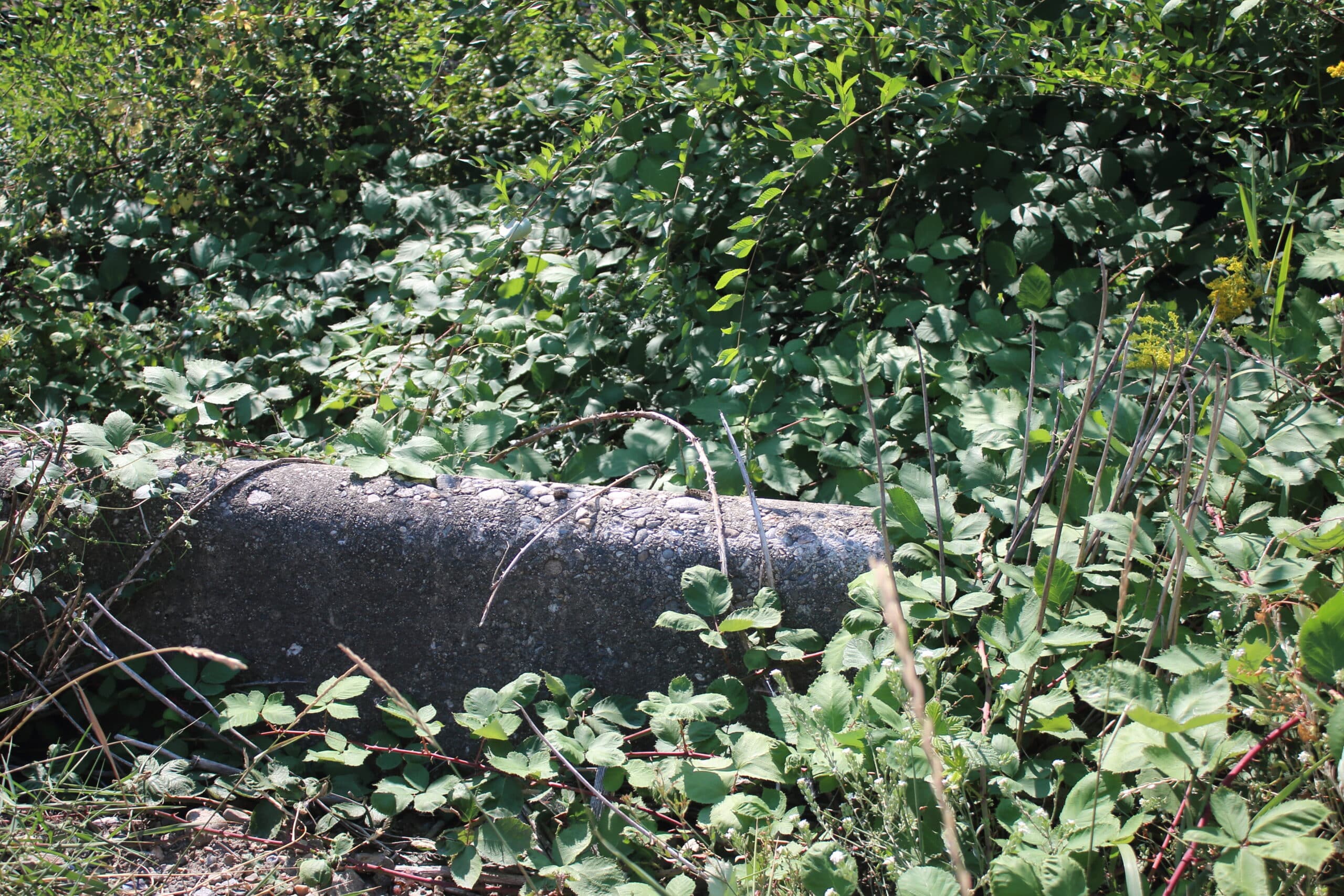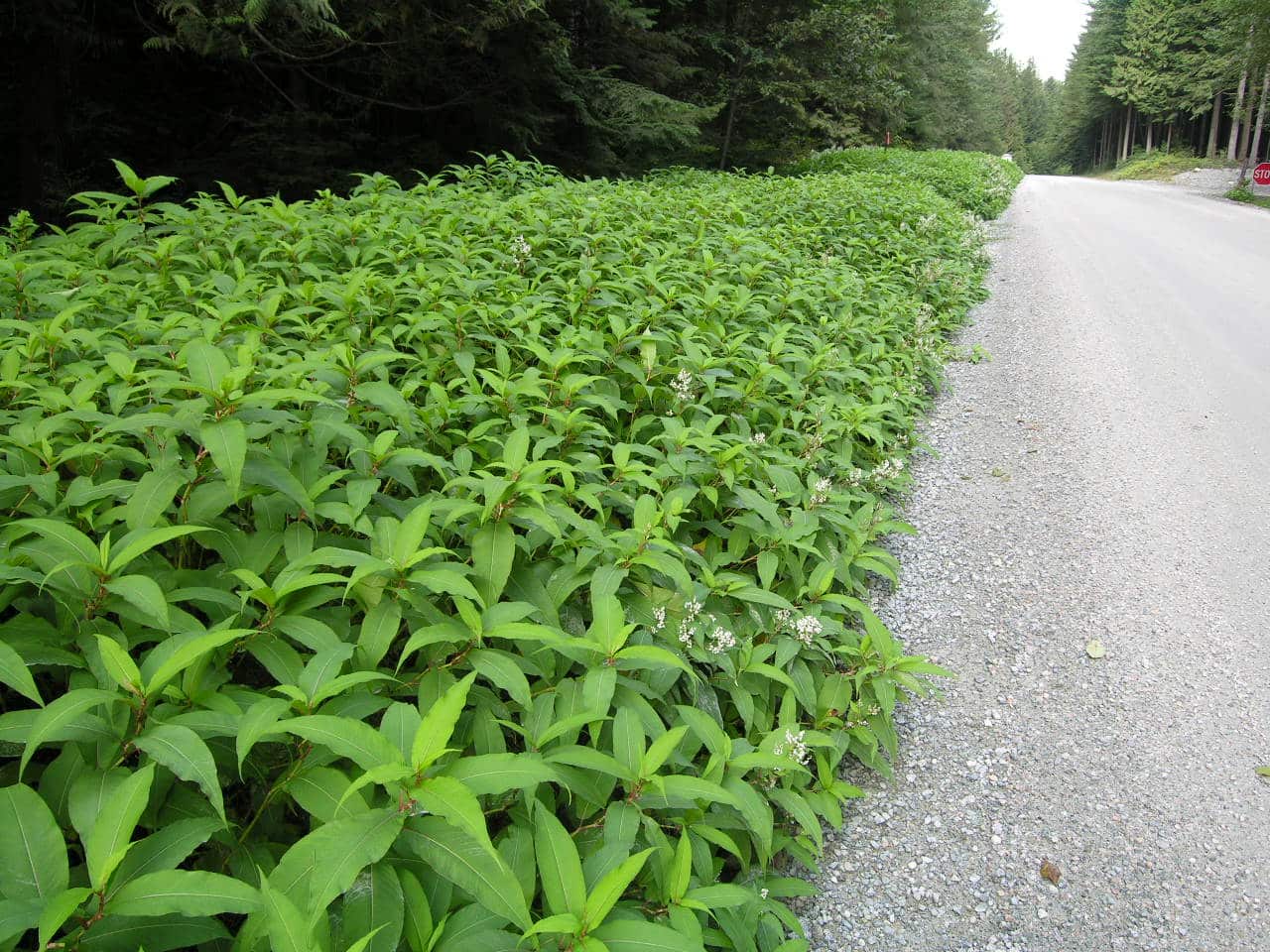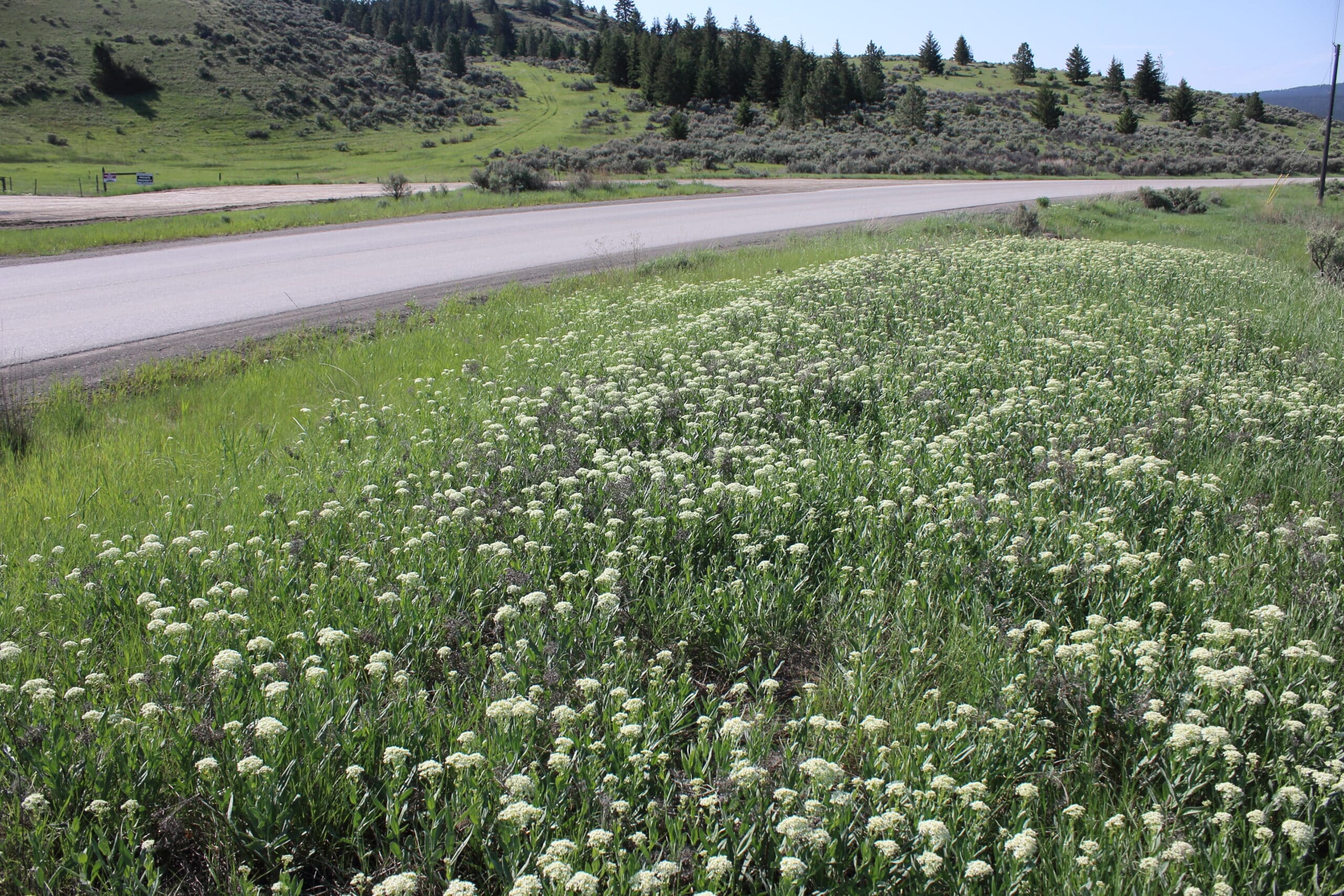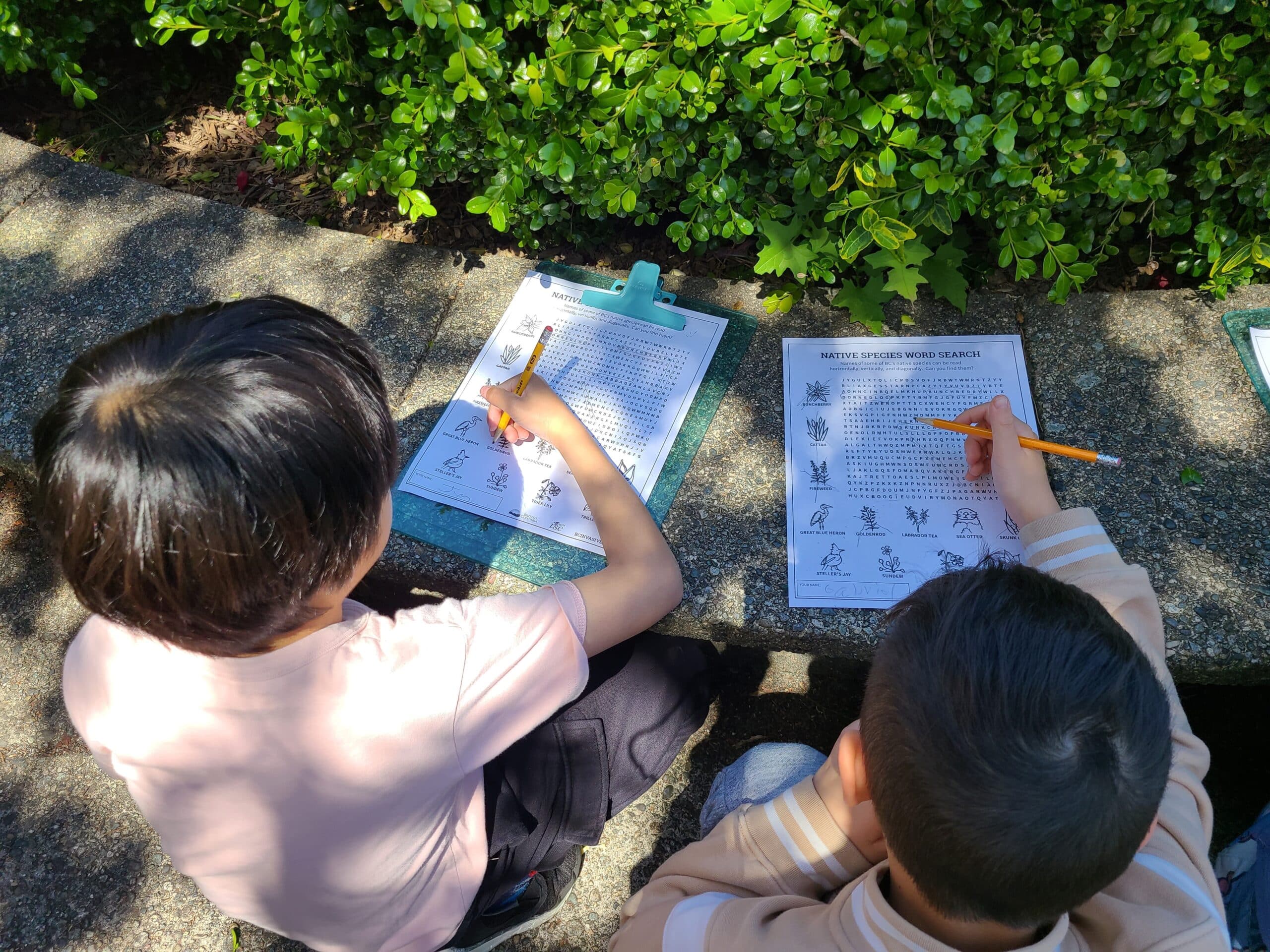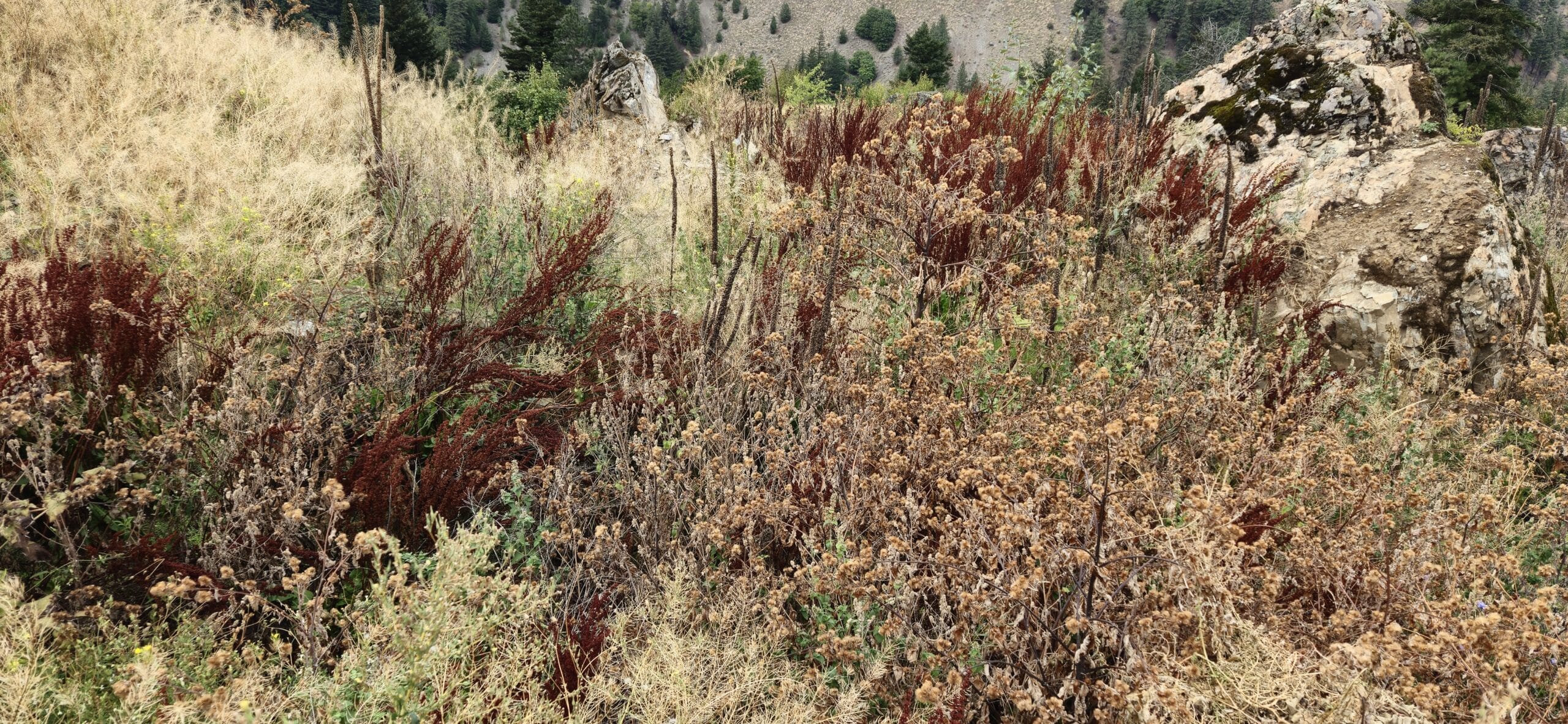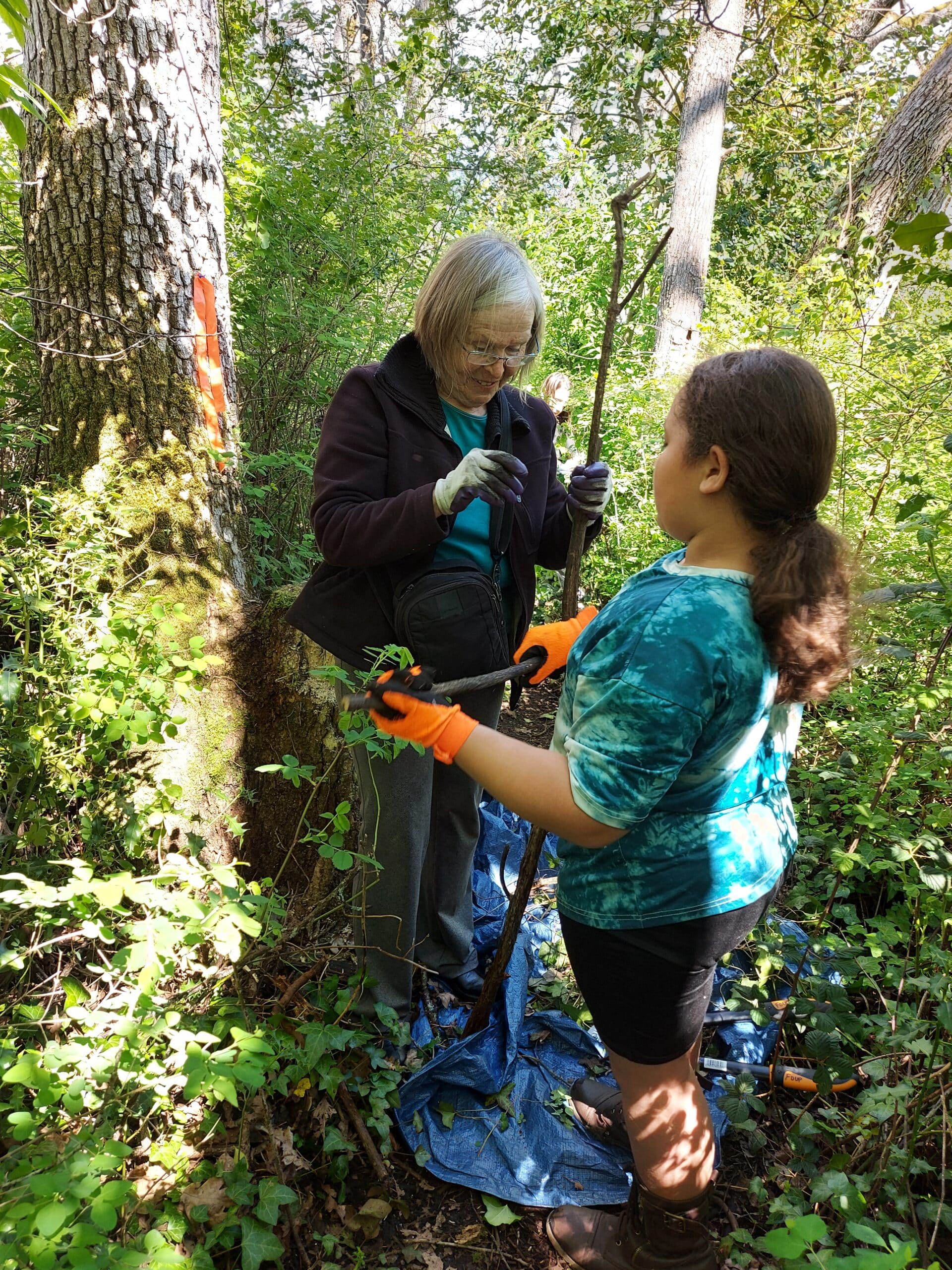By Lisa Houle | February 13, 2023
The bouquet was stunning, a classic mixture of long-stemmed red roses with sprigs of Baby’s breath – the type of arrangement many were gifting their loves for the occasion. Brought home wrapped in the typical paper with a small card professing their love, it was an offering of sentimentality on this, the most overtly romantic day of the year, Valentine’s Day.
Their partner adored the arrangement, carefully cutting the stems and placing them lovingly in the crystal vase received as a gift years ago. The bouquet looked absolutely stunning on the welcoming credenza by the front door for all to see.
For a couple of weeks, the arrangement looked fantastic. But as all good things must come to an end, the once-perky petals now withered and drooped, Valentine’s Day long-gone. With one last look at the thoughtful gift, the water was drained from the vase and stalks tossed on to the compost pile in the backyard.
What a surprise when next summer a healthy stalk of Baby’s breath was discovered growing in the garden! How delightful that this Valentine’s Day bouquet just kept on giving! The plant became so abundant that there was enough to spread the love and make beautiful bouquets for friends and co-workers too!
Imagine the confusion when neighbours started complaining about the plant cropping up in their yard the following year. Didn’t they know how much this flower cost in the store? Now they could just harvest it for free! What were they getting so worked up about?
Knowledge is power. When purchasing the bouquet, they had no idea Baby’s breath would reduce the crop value of the neighbour’s farm, where it was now mixing with hay making it less palatable for livestock. Had they known Baby’s breath is an herbaceous perennial plant that loves to invade and take up the space it’s been given, they would have bagged and disposed of it.
How were they to know that Baby’s breath keeps growing in a bouquet, or that a single plant could produce more than 10,000 seeds? How were they to know that Baby’s breath was considered invasive in the province of BC?
They didn’t know then, but they sure knew now.
“Baby’s breath (Gypsophila paniculata) – a symbol of everlasting love – is actually a harmful invasive species in BC! When Baby’s breath invades grazing land, it reduces native grasses and forage for grazing animals and wildlife,” said Allison McCabe, Senior Lead, Outreach at ISCBC.
“If you receive a bouquet containing Baby’s breath, make sure to properly dispose of it in the garbage. Do not throw it in the compost. Simply remove it from the bouquet and place it in a sealed trash bag to prevent it from spreading. Better yet, if you are choosing a bouquet for your special someone, pick one that doesn’t contain Baby’s breath.”
A little research goes a long way to help BC maintain its healthy biodiversity. Valentine’s Day is great, just don’t spread your love seeds everywhere!
(In the spirit of love, a special thanks to our colleague Craig Stephani for the amazing graphics!)
Lisa is a Communications and Outreach Coordinator at ISCBC. She values a diverse environment and connecting with others about environmental protection. In her spare time Lisa enjoys spending time at the ocean and beach combing for sea glass. You can reach Lisa at lhoule@bcinvasives.ca
Share



